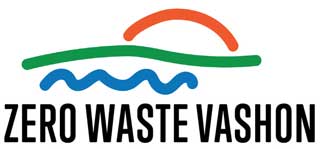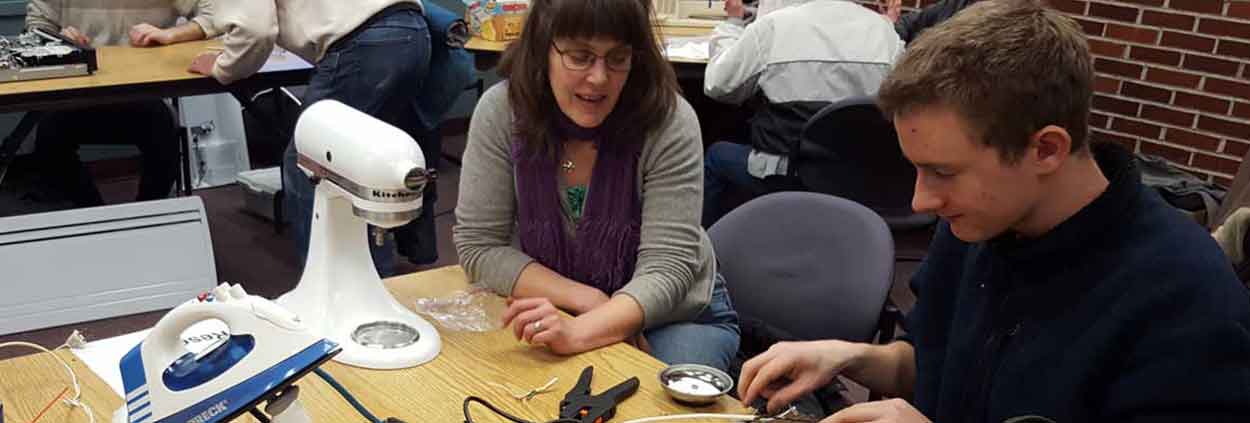Working to make our island a model waste to resource community
About Zero Waste Vashon
Education is the most powerful weapon you can use to change the world.
— Nelson Mandela
Zero Waste Vashon (ZWV) is a island-run non-profit engaged in education and research in support of waste stream conversion away from the practice of ‘landfilling’ reusable materials. It was founded in February 2014.
Vashon is 10,000+ strong-minded, highly educated individuals determined to lead by example. Located in South Puget Sound, Vashon is about the size of Manhattan. An estimated 30% of us commute off-island for work every day. One half of the shoreline in King County is on our island. We have our own aquifer. We are solely reliant on ferry systems. While our second-largest export is education, our largest current export is our waste.
ZWV will provide the vehicle to study renewable resource development. We will educate ourselves, our community, our Puget Sound, and our state towards better waste management.
- Inorganic waste can be better managed and processed.
- Organic waste decomposing in landfills leads to greenhouse gases and must be diverted for the overall health of the planet. It is a goal of ZWV to challenge the perception that green material is waste and instead honor it as a resource.
- Organic waste should be converted locally. We are looking at the feasibility of an island-located composting facility.
- Complementary technology options including anaerobic digestion, biogas creation, passive and active solar, biosolids, and biochar should be considered as components to create a highly efficient organic recycling facility.
The specific, immediate objectives of ZWV are to:
- Educate and engage the Island’s community and the residents of Puget Sound in the biological sciences, technologies, engineering and social sciences directed toward improving waste-management environmental practices. Since all Islanders intuitively understand the costs and complexities of transportation on and off the Island, the largest component of education will be to inform Islanders that the compost and other soil amendments they import can be made locally and sustainably. While there have been commercial operations in the past, the largest component of education will be changing the mindset of waste to one recognizing it as a local resource.
- Explore the feasibility of processing organic waste streams on Vashon Island in partnership with the King County Solid Waste Division and the community and designate a green waste site at the local transfer station, or other appropriate island site.
- Investigate viable systems to process organic waste streams into valuable resources and, in partnership with King County and higher-education faculty and students, create systems designed and engineered to meet community-specific needs.
- Publish data regarding the viability of systems for community-scale waste transformation that will further the use of anaerobic digestion, composting, biochar production and/or other suitable new technologies.
- Create one of the earliest community-scaled waste processing systems in the U.S. and model this aspect of environmental restoration for other communities.

